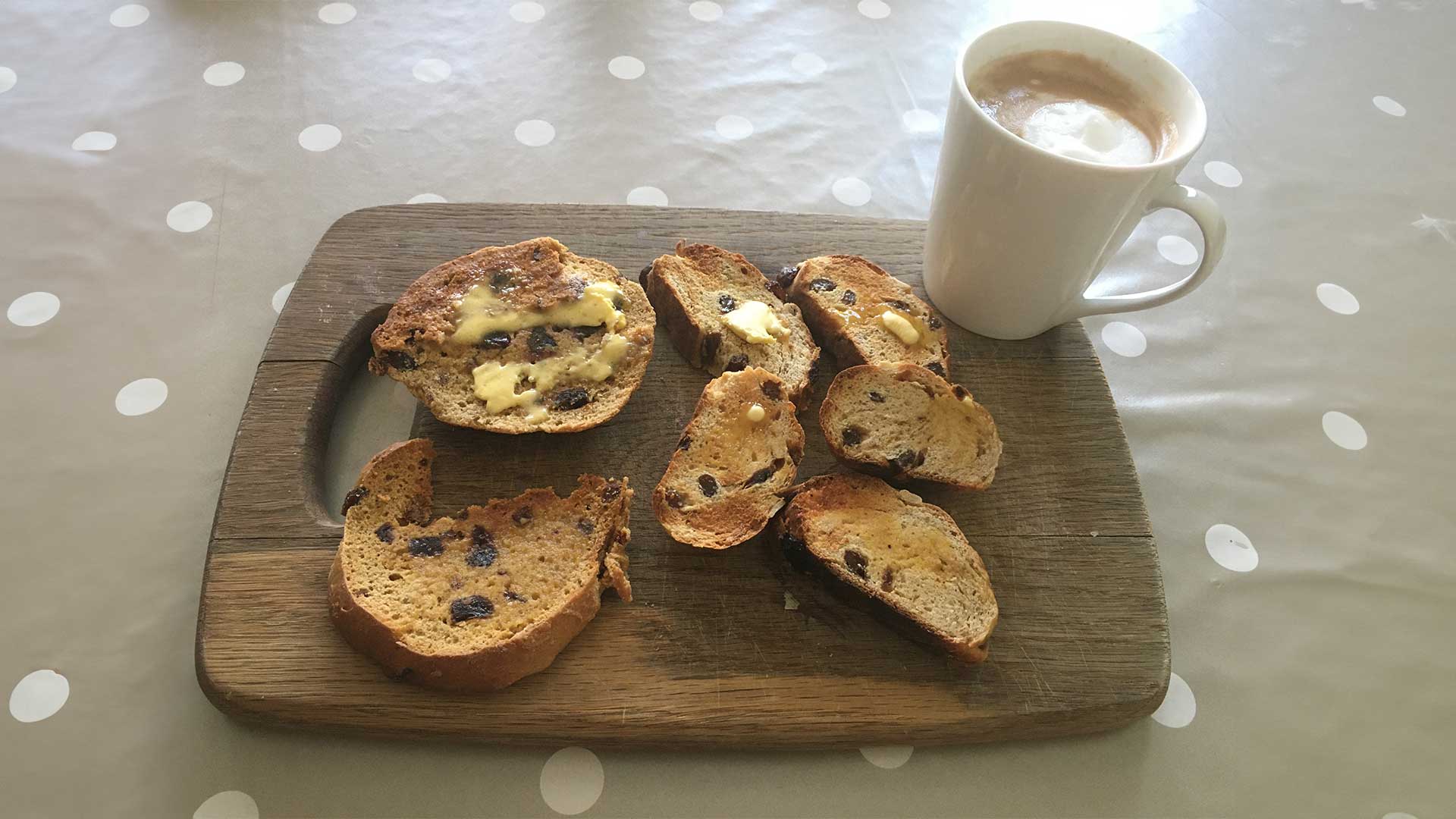Author: Mark Woods, 10 October 2019
The book of Ruth is set during a dark time in Israel's history, though most scholars believe it was written down a good deal later. Not many good things happened during the period of the Judges – it ends with the words, 'There was no king in Israel at that time. Everyone did whatever they pleased' (21.25). But Ruth is a reminder that not everything was doom and gloom. At its heart is a love story – though it's not the one we might imagine, or not only that.
Understanding the book needs us to be aware of quite a few cultural differences between then and now. A famine in Israel had driven Elimelech, Naomi and their family to Moab for survival. Their sons had married Moabite women, but one by one all the men died. Naomi was left in a desperate position, far from home and, as a widow in that time when family and clan were the only support network, entirely unprotected. However, her daughters-in-law – who obviously loved her deeply – were free to go home to their families and marry again. One of them, Orpah, goes home, but Ruth 'held on to her'.
And this, rather than her relationship with Boaz, is the love story: rather than take the safe course, Ruth followed her dead husband's mother into a strange land, for no other reason than that she couldn't bear to be parted from her. Her famous words: 'Wherever you go, I will go; wherever you live, I will live. Your people will be my people, and your God will be my God...' (1.16) are often used at weddings, but they were originally about something quite different.
So Naomi and Ruth returned together to her ancestral home in Bethlehem. But they were not in a good position; as poor widows, they relied on gleaning the leftovers from the fields in order to survive.
Enter Boaz. He was a wealthy kinsman of Naomi, who took an interest in the pair – and particularly in Ruth. He ordered his workers to behave well to her and made sure she had enough to eat. As an older woman, Naomi took the initiative in matchmaking and ordered Ruth to approach him and signal her availability – to lift up his bedcovers and lie 'at his feet'.
This is where things can get a little complicated, and we need to be alert to the fact that all this happened a very long time ago. We should not think that Ruth was trying to seduce him. At the same time, she was expressing the greatest possible trust in him; it would have been easy for him to have taken advantage of her and then disowned her.
Fundamentally, though, the question was not whether he loved her, as we might think today. That ancient society was governed by complicated rules about inheritance, kinship and family responsibility. Even though she was a Moabitess, Ruth was still regarded as the wife of her dead husband Mahlon. If she were to marry again, the property she had inherited went with her – and it would belong to her children, not to her new husband or to any of his other children.
In chapter 4 the dilemma is put the other way around, with the property question first. The nearest kinsman had the right to buy or 'redeem' the property – but in doing so he also took on responsibility for Ruth. As he didn't want to do that, it fell to Boaz – and as far as we know, they all lived happily ever after.
There are certainly love stories here – certainly between Ruth and Naomi, and also, probably, between Ruth and Boaz. In their case, however, there's no emotion recorded. Boaz is a decent man trying to do the right thing, caring for someone who is deeply vulnerable because he feels he ought. So a better way of thinking about the story might be to say that it's about sacrifice. Ruth sacrificed her interests to those of Naomi; Boaz sacrificed his interests to those of Ruth – and out of their actions great blessing came, as they were the ancestors of King David and of Jesus himself.
Another way of looking at it is as a reminder that life isn't simple and that doing the right thing isn't always straightforward. Boaz had to offer someone else the opportunity to redeem the land, and with it Ruth (and notice that she, as a woman in a patriarchal society, had little choice in the matter) – with no guarantee that the nearest 'kinsman-redeemer' would turn the opportunity down (4.6). He and Ruth were part of a network of obligations and relationships, and couldn't just follow their own inclinations. God blessed them when they acted with integrity, but things don't always work out as we wish or plan.
So the book of Ruth is a very human story, about human problems – but it's inspired Scripture, told to point us to eternal truths.
Share this:

What does the Bible say about legacy?

Did Jesus forbid divorce and remarriage?

Scripture in the Kitchen: David’s blessed buns